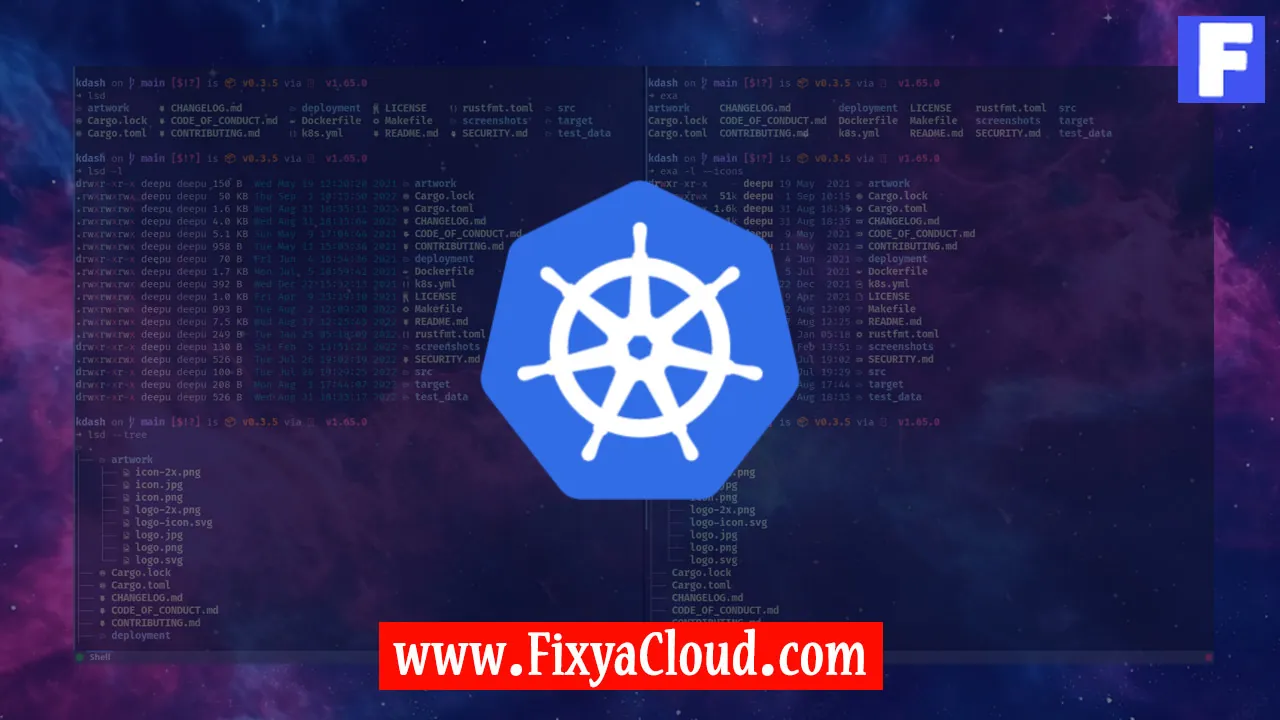Mastering Kubectl: Exploring Events and Sorting By Time

Kubectl, the command-line tool for interacting with Kubernetes clusters, offers a myriad of functionalities to streamline cluster management. One particularly useful feature is the ability to retrieve and analyze events within a cluster. In this guide, we will delve into the powerful 'kubectl get events' command and explore how to sort these events by time, providing insights into the chronological order of activities within your Kubernetes environment.
Understanding Kubectl Get Events:
Before we dive into sorting events, let's briefly understand the basic usage of 'kubectl get events.' This command provides a real-time stream of events that occur within a cluster, offering valuable information about resource changes, errors, and other activities.
Basic Usage:
kubectl get events
This command displays a list of events in the default namespace. However, to gain a more detailed and chronological view, sorting these events by time becomes crucial.
Sorting Events By Time:
To sort events by time, we can leverage the '--sort-by' flag along with the 'lastTimestamp' field. This ensures that events are arranged in ascending order based on their occurrence time.
Sorting in Ascending Order:
kubectl get events --sort-by='.metadata.creationTimestamp'
This command retrieves events and arranges them in ascending order based on their creation timestamp. The resulting output provides a chronological overview, making it easier to identify when specific events occurred.
Sorting in Descending Order:
Conversely, to view events in descending order, you can append the '--sort-by' flag with a hyphen before the field name.
kubectl get events --sort-by='-.metadata.creationTimestamp'
This command organizes events with the latest occurrences first, aiding in quickly identifying the most recent changes or issues within the cluster.
Filtering Events:
For a more focused analysis, you can filter events based on specific criteria. For instance, to retrieve events related to a particular resource, use the following command:
kubectl get events --field-selector involvedObject.name=<resource_name>
Replace <resource_name> with the name of the resource you are interested in.
Combining Sorting and Filtering:
Combine sorting and filtering to narrow down results and pinpoint specific events in your cluster's timeline.
kubectl get events --field-selector involvedObject.name=<resource_name> --sort-by='.metadata.creationTimestamp'
This command fetches events related to a specific resource and arranges them chronologically.
Effectively managing a Kubernetes cluster requires a deep understanding of its activities. By harnessing the capabilities of 'kubectl get events' and sorting them by time, you gain valuable insights into the timeline of events, aiding in troubleshooting and monitoring efforts.
Related Searches and Questions asked:
That's it for this topic, Hope this article is useful. Thanks for Visiting us.
